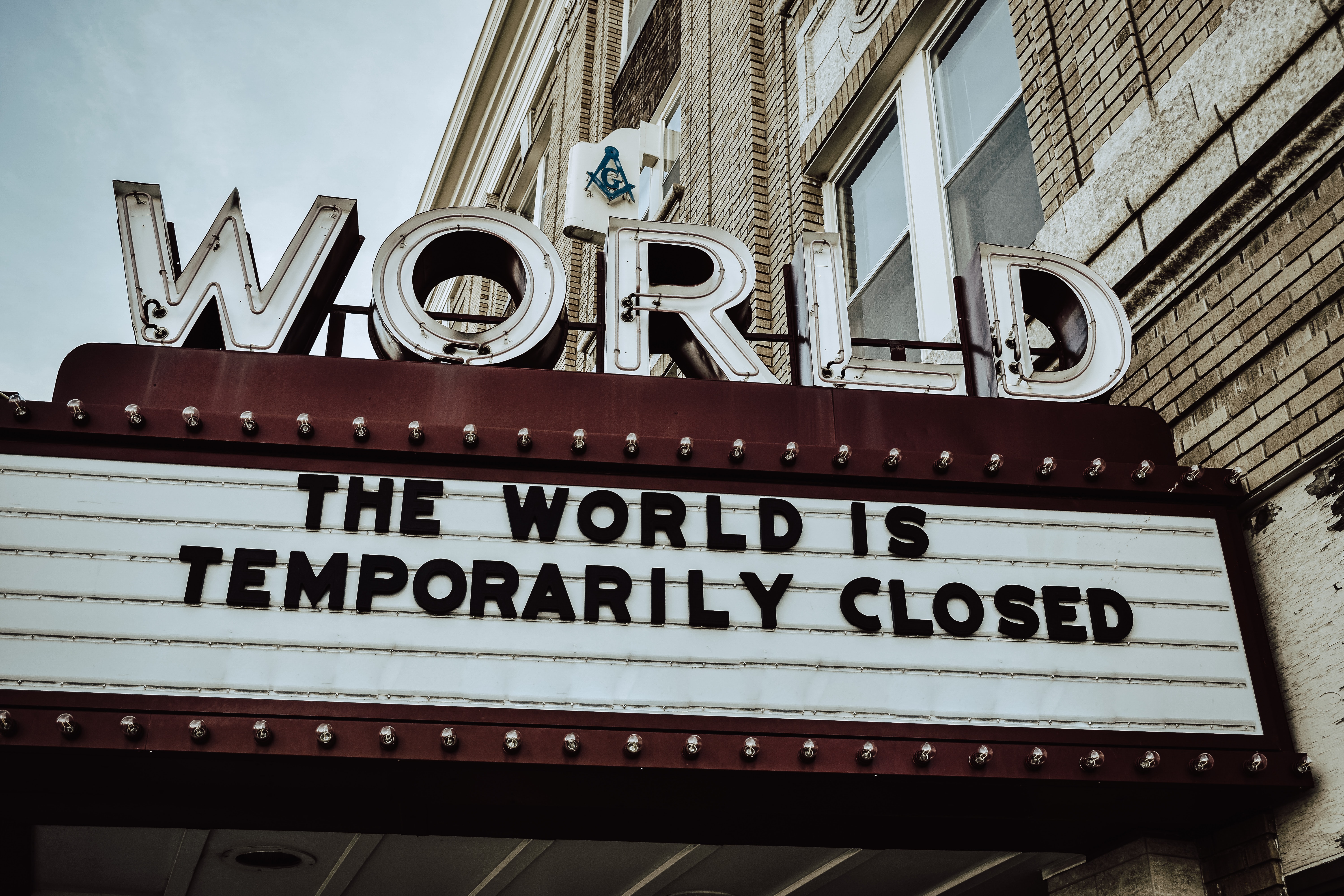Personal injury practitioners would do well to carefully consider what services should be provided remotely or whether they need a bricks-and-mortar office at all.
The COVID-19 pandemic caused by the novel coronavirus in early 2020 turned the entire globe on its head. As more and more of the population develops immunity either through natural infection and recovery or vaccination, we can expect a slow return to something resembling “normal,” according to many experts.
That said, the pandemic continues to affect every industry, including the legal industry generally and personal injury practitioners in particular. Many aspects of how we learned to deal with COVID-19 will likely stick around for long after the pandemic is over and may permanently change the way we do business. For example, virtual consultations with injured clients may become the norm, and clients may routinely sign fee agreements online rather than in the office.
While technology has allowed many lawyers to continue taking cases and fighting for their clients’ rights, it is undeniable that COVID-19 has put a damper on the personal injury industry and that the road to recovery will be long. 5 specific ways that the pandemic has affected injury attorneys and their practices are discussed in greater detail below.
Victims are Unsure of Whether they can File a Claim
One of the issues that may be causing a lull in business for personal injury lawyers is that many victims may not be sure whether they can file a claim during the pandemic. Many courts are still operating with restricted hours or only adjudicating particularly pressing matters, which victims may take to mean that they cannot proceed with a claim. Similarly, people who are hurt in accidents may be hesitant to reach out to a lawyer, thinking that they will have to come into the office to discuss their cases, share paperwork, execute a retainer agreement, or conduct other tasks.
Of course, many of these issues are based on misconceptions on how personal injury claims operate. Attorneys and law firms can combat these issues by making efforts to educate potential clients about how claims can proceed during this time. For instance, many victims may not understand that most claims settle and that insurance companies are fully operational even if the courts are not. Similarly, attorneys should make it clear that they are able to take on and represent clients without having to meet in person.
Fewer Accidents?
As people hunkered down and stayed home last March, there was a dramatic decrease in the number of personal injury cases being filed. In fact, according to data analyzed by Clio, personal injury filings were down a whopping 46 percent in early April of 2020.
One can speculate and say that empty roads and people staying home from work were causing fewer wrecks, slip and falls, and other accidents. and some of the data supports that. Interestingly, however, data released by the National Safety Council indicates that traffic fatalities actually increased during the lockdowns – an outcome many observers attribute to people speeding on emptier roads.
Courts May Be Backlogged

Many personal injury cases have life cycles of several months or years, so it’s important for injury lawyers to have cases in the pipeline at all times. Cases that are in litigation may take much longer to resolve than they would have prior to the pandemic, leaving many personal injury lawyers waiting for large cases to conclude.
Some Victims Failed to Seek Care
Another issue that is directly attributable to the pandemic is that many accident victims failed to seek medical care for injuries that required medical attention. Often, injured victims who would have otherwise sought care did not do so for fear of exposure to the virus, leading to undocumented and untreated injuries.
Of course, a lack of medical documentation regarding an injury can be devastating to the outcome of a personal injury claim, as victims do not have records describing the nature and severity of their injuries or causally connecting them to the accidents in which they were sustained. In addition, as all personal injury practitioners are well-aware, failing to seek medical care can allow insurers and at-fault parties to argue that victims failed to take reasonable steps to mitigate their damages. Combined, these issues can result in significantly lower settlements and awards than victims would have obtained had they sought timely medical attention.
Personal Injury Practitioners Should be Ready to Beat Filing Deadlines
According to many experts and observers, the United States is getting close to turning the corner and achieving some semblance of normalcy in the upcoming months. For this reason, many people are considering how they can position themselves to hit the ground running and build business back up to pre-pandemic levels as quickly as possible once restrictions are lifted, and we enter the next phase of post-COVID life.
It’s reasonable to suspect that personal injury lawyers are going to see an influx of injured clients who put off filing claims until after the pandemic ended. You may see clients who were hurt in the early days of the pandemic or just before who just now feel comfortable seeking out legal help and filing a claim. Unfortunately for personal injury lawyers in certain states, this may mean that you are working with much less time to file than you usually do. In fact, in states like Tennessee and Louisiana that have a one-year statute of limitations on personal injury claims, you may actually meet with clients whose claims are already time-barred. That said, courts or legislatures may toll statutes of limitation due to the Coronavirus pandemic, allowing otherwise time-barred claims to move forward.
What Comes Next?
It remains to be seen how – or if – the pandemic of 2020 will change the legal industry and personal injury practice in the long-term. Personal injury practitioners would do well to carefully consider what services should be provided remotely or whether they need a bricks-and-mortar office at all. That said, we can all be fairly confident that as restrictions ease and people get back to normal, the volume of personal injury cases and the speed at which they resolve should return to pre-pandemic levels.


Join the conversation!